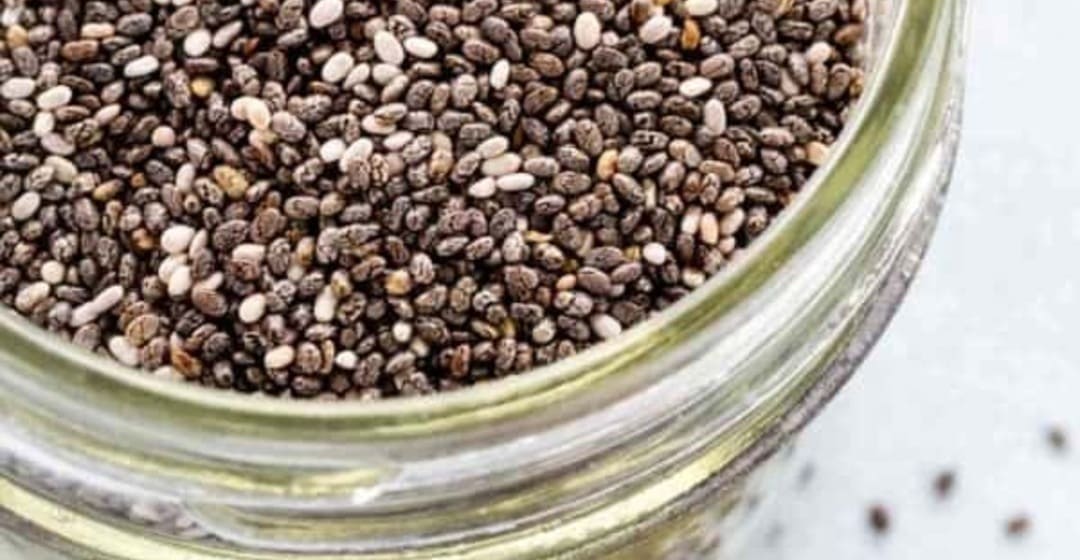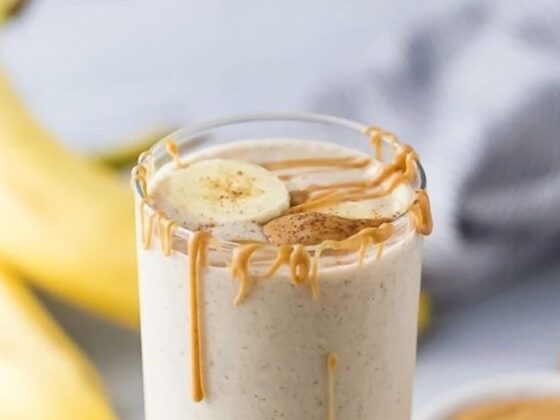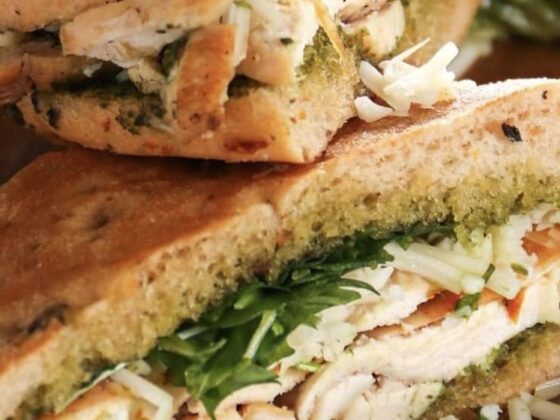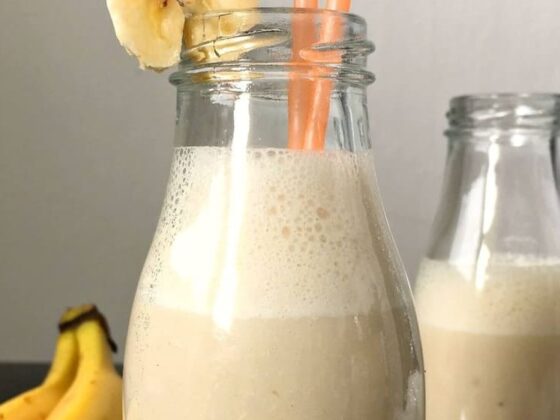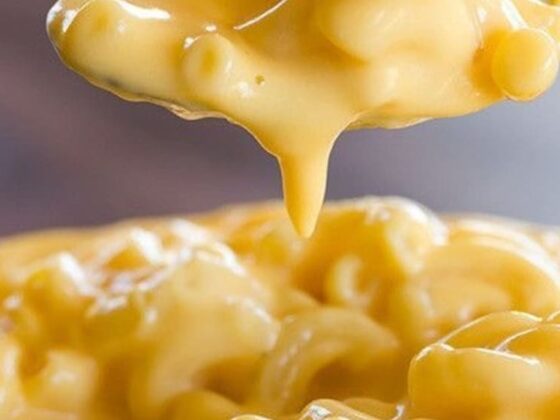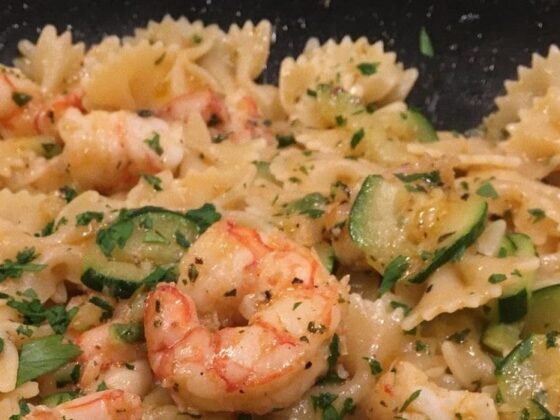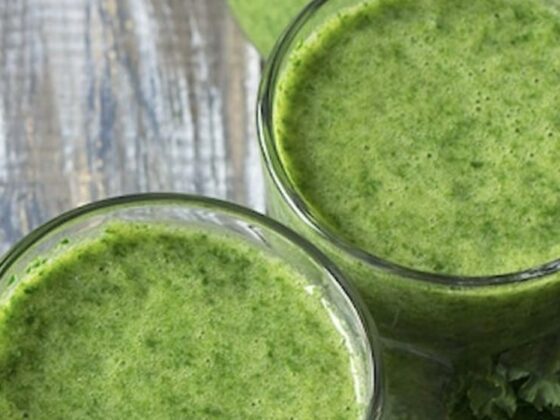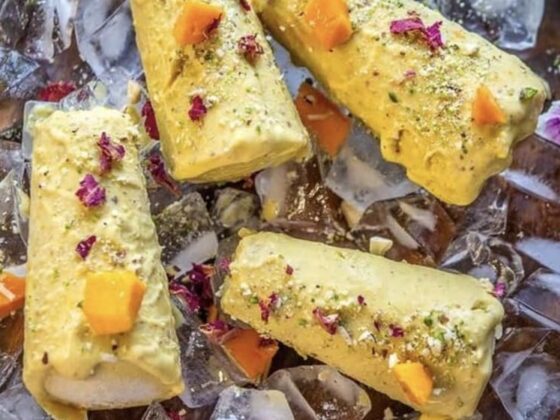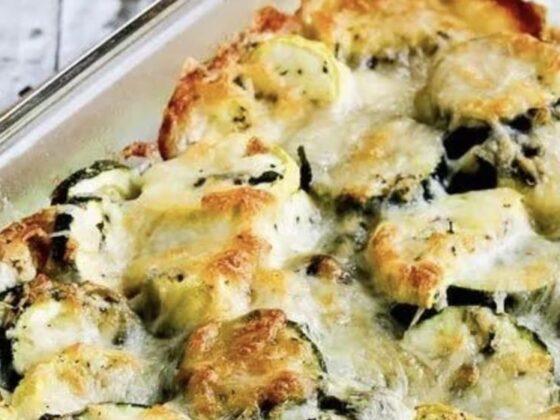Chia Seeds: An In-Depth Look at Their Nutritional Benefits and Lesser-Known Facts
In recent years, chia seeds have become a popular health food trend due to their numerous health benefits. These tiny seeds are rich in fibre, protein, omega-3 fatty acids, and various other essential vitamins and minerals that can help boost your overall health and wellness. However, there’s more to chia seeds than meets the eye. In this article, we’ll take a closer look at the nutritional benefits of chia seeds, their lesser-known facts, and how to incorporate them into your diet.
What are Chia Seeds?
Chia seeds are the small, black and white seeds of the Salvia hispanica plant, which is native to Mexico and Guatemala. They have been a staple food in the diets of the Aztecs and Mayans for centuries and were valued for their ability to provide sustained energy and stamina.
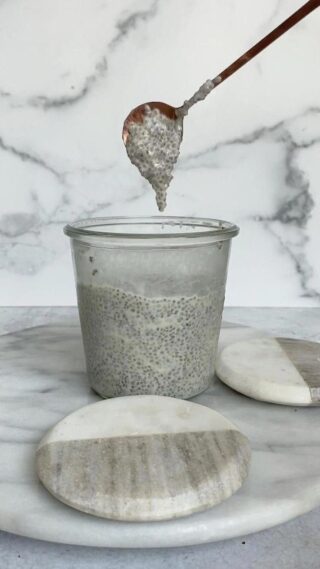
Nutritional Benefits of Chia Seeds
Chia seeds are an incredibly nutritious food that can help support your overall health and wellness. Here are some of the key nutritional benefits of chia seeds:
Rich in Fiber: Chia seeds are an excellent source of fibre, with just two tablespoons providing around 10 grams of fibre, which is almost 40% of your daily recommended intake. Fiber is essential for digestive health, and can also help regulate blood sugar levels and reduce cholesterol levels.
High in Protein: Chia seeds are also a great source of plant-based protein, with two tablespoons providing around 4 grams of protein. Protein is essential for building and repairing tissues, and can also help you feel fuller for longer.
Packed with Omega-3 Fatty Acids: Chia seeds are a rich source of alpha-linolenic acid (ALA), an omega-3 fatty acid that has been shown to help improve heart health, reduce inflammation, and support brain function.
Gluten-Free: Chia seeds are naturally gluten-free, making them a great option for those with celiac disease or gluten sensitivity.
Rich in Antioxidants: Chia seeds are packed with antioxidants, which can help protect your body against damage from free radicals. Antioxidants can also help reduce inflammation and support a healthy immune system.
High in Calcium: Chia seeds are an excellent source of calcium, with two tablespoons providing around 18% of your daily recommended intake. Calcium is essential for strong bones and teeth and also plays a role in muscle and nerve function.
Hydrating: Chia seeds can absorb up to 10 times their weight in water, making them an excellent source of hydration. This can help keep you feeling fuller for longer and prevent dehydration.
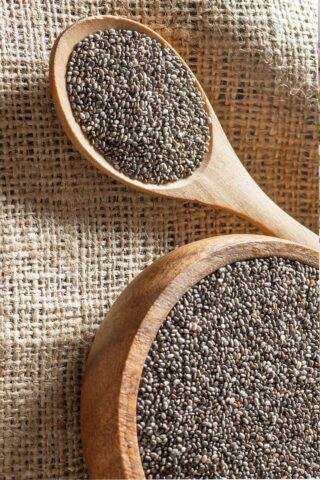
12 Lesser-Known Facts About Chia Seeds
While many people are familiar with the nutritional benefits of chia seeds, there are also some lesser-known facts that are worth knowing. Here are some interesting facts about chia seeds:
1. Chia Seeds Were Used by Ancient Civilizations: As mentioned earlier, chia seeds were a staple food in the diets of the Aztecs and Mayans. They were valued for their ability to provide sustained energy and stamina and were often used by warriors and messengers.
2. They Can Be Used as an Egg Substitute: Chia seeds can be used as an egg substitute in vegan baking recipes. Simply mix one tablespoon of chia seeds with three tablespoons of water and let it sit for a few minutes until it forms a gel-like substance. This can then be used as a substitute for one egg.
3. Chia Seeds Have a Long Shelf Life: Chia seeds have a long shelf life and can last for up to two years when stored in a cool, dry place. This makes them a great option for stocking up on healthy pantry staples.
4. Chia Seeds Can Be Used in Various Recipes: Chia seeds are incredibly versatile and can be used in a variety of recipes. They can be added to smoothies, oatmeal, yoghurt, and baked goods for an extra boost of nutrition and texture.
5. Chia Seeds Can Help with Weight Loss: Due to their high fibre and protein content, chia seeds can help you feel fuller for longer, which can aid in weight loss. Additionally, they can help regulate blood sugar levels and reduce inflammation, which can also be beneficial for weight management.
6. Chia Seeds Are a Good Source of Iron: Chia seeds are a good source of iron, with two tablespoons providing around 15% of your daily recommended intake. Iron is essential for healthy blood cells and can also help improve energy levels.
7. Chia Seeds Can Help Improve Athletic Performance: Chia seeds have been shown to help improve athletic performance in some studies. This may be due to their ability to provide sustained energy and hydration, as well as their high nutrient content.
8. Chia Seeds Are Known by Different Names in Different Languages: Chia seeds are known by different names in different languages. In Hindi, they are known as “sabja” or “tukmaria”, while in Marathi they are called “tashi”. In Kannada, they are known as “sabja beeja” or “agase beeja”, while in Tamil they are called “sabja vithai”. In Malayalam, they are known as “sabja” or “sabja vithu”.
9. Chia Seeds Are Easy to Incorporate into Your Diet: Chia seeds are incredibly easy to incorporate into your diet. They can be sprinkled on top of salads, added to smoothies or oatmeal, or used as a substitute for eggs in baking recipes.
10. Chia Seeds Can Help Improve Digestive Health: Chia seeds are a great source of soluble fibre, which can help improve digestive health. Soluble fibre can help regulate bowel movements, reduce bloating, and prevent constipation.
11. Chia Seeds Can Help Improve Skin Health: Due to their high antioxidant content, chia seeds can help improve skin health and prevent premature ageing. Antioxidants can help protect the skin against damage from free radicals and reduce inflammation.
12. Chia Seeds Can Help Lower Cholesterol Levels: Chia seeds have been shown to help lower cholesterol levels in some studies. This may be due to their high fibre content and their ability to reduce inflammation in the body.
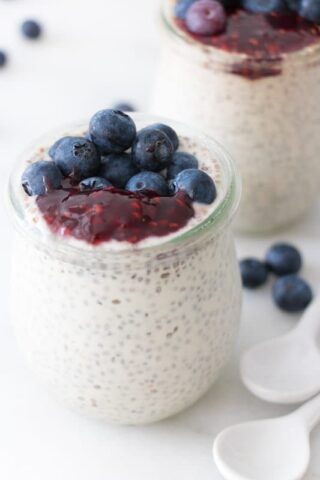
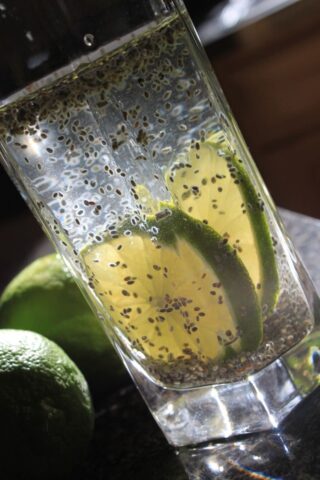
How to Incorporate Chia Seeds into Your Diet?
Now that you know about the numerous health benefits and lesser-known facts about chia seeds, you may be wondering how to incorporate them into your diet. Here are some simple ways to add chia seeds to your meals and snacks:
- Add chia seeds to your smoothies for an extra boost of nutrition and texture.
- Sprinkle chia seeds on top of salads for a crunchy and nutritious topping.
- Use chia seeds as a substitute for eggs in vegan baking recipes.
- Add chia seeds to your oatmeal or yoghurt for a filling and nutritious breakfast.
- Make chia seed pudding by mixing chia seeds with almond milk and your favourite sweetener.
- Use chia seeds as a thickener in soups and stews.
- Mix chia seeds with water and lemon juice for a refreshing and hydrating drink.
Chia seeds are a nutrient-dense food that can provide numerous health benefits. They are rich in fibre, protein, omega-3 fatty acids, and various other essential vitamins and minerals. Chia seeds are also versatile and easy to incorporate into your diet, making them a great addition to any healthy eating plan.
From improving heart health to aiding in weight loss, chia seeds offer a wide range of benefits that are backed by scientific research. Whether you sprinkle them on top of your salad or mix them into your smoothie, chia seeds are a great way to add nutrition and texture to your meals.
As with any new food, it’s important to start small when incorporating chia seeds into your diet. While they are generally safe for most people, it’s always a good idea to check with your doctor or healthcare provider before making any significant changes to your diet.
Overall, chia seeds are a nutritious and versatile food that can provide a variety of health benefits. With their high nutrient content and easy-to-use nature, they’re definitely worth adding to your healthy eating plan.
Love,
Team LadyInRoseGold


